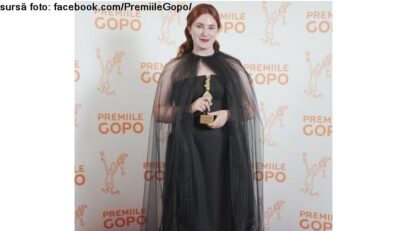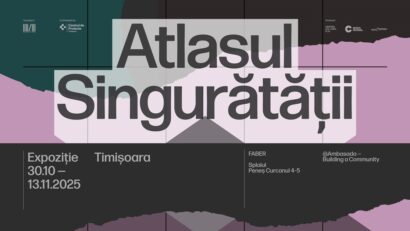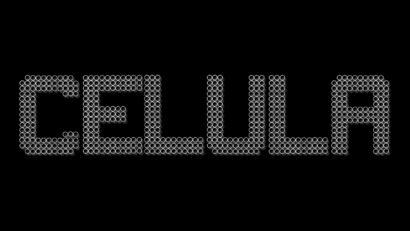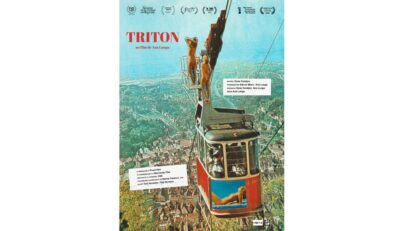Producer Ada Solomon
After the film Aferim! got the Golden Bear for best directing at the Berlin Film Festival, producer Ada Solomon said that the award was a confirmation of the courage that she and Radu Jude had to carry through such a complex project.
Corina Sabău, 25.04.2015, 14:02
After the film “Aferim!” got the Golden Bear for best directing at the Berlin Film Festival, producer Ada Solomon said that the award was to her a “confirmation of the courage” she had, together with film-maker Radu Jude, “to carry through such a complex project”. One of the biggest Romanian cinematographic projects of the past years, “Aferim!” is a historical film set in 19th century Wallachia, when all gypsies were slaves. A tax collector portrayed by actor Teodor Corban, accompanied by his son, is looking for a runaway slave. “Aferim!” was filmed in Dobrogea, in eastern Romania and in Giurgiu, in the south, on a 400,000 Euro budget. Most of the set was reconstructed to illustrate the Turkish influence. According to Ada Solomon, “Aferim!”, which has been running in Romanian cinemas since March, is the most complex project of her career as a producer. Ada Solomon:
“ From a logistics point of view, ‘Aferim!’ is the largest project ever. It is a period film, with lots of extras, for which 70% of the set had to be actually built from scratch. Besides that, the film is extremely complex because it covers a range of social issues and dwells on historical sources that are extremely valuable and which have never been visually explored before. The film’s screenplay was written on the basis of 19th century folk and cultured literature. All that makes the film important not only to me, but to Romanian cinematography as a whole.”
According to film critic Andrei Gorzo, “Aferim!” is “the most important Romanian film since 2010, more precisely since “Nicolae Ceausecu’s Autobiography” by Andrei Ujica and “Aurora” directed by Cristi Puiu. This work of art, which will become a classical piece of Romanian cinematography, is also a powerful intervention with regard to current public issues”. Here is now producer Ada Solomon again:
“ I don’t believe than an artist can do things in a programmed manner. Artists act as they feel, when they feel it, in a certain moment of their life. It’s critics’ business to categorize, compare and judge their value. The things that have been said about this film are great, and I am overwhelmed by how people in Romania have reacted to this film. I wanted for the film to be well received and raise interest, but I didn’t imagine the interest in it would be that big, that so many things would be written about it and that its analysis would go that deep. For me, the most important learning we get from this film is what the father teaches his son and this is actually the element of continuity in Radu Jude’s films, because all his films are centered on family and the relationships between parents and children. Although the plot is set in a different era and in a different background, the film is mainly about the relationship between Ionita and Constatin, father and son.”
Ada Solomon is the producer of Radu Jude’s most important films, that is Lamp with a Head”, released in 2006, the short film with the biggest number of awards in the history of Romanian cinema, received at prestigious festivals such as Sundance and the ones in San Francisco, Los Angeles and Uppsala and also of the short film Alexandra”, released in 2007, selected at the Clemont-Ferrand festival and awarded in Oberhausen. Ada Solomon:
”I’m not sure if it was I who picked Radu or if we picked each other. I think the second version is closer to the truth and I am very happy that Radu trusted me and saw me as the right person to help him put his ideas into practice. This relationship has developed in time because we have supported each other. What fasinates me about Radu is his comprehensive perspective on things. The elements in his films are always argumented and there are always more layers to everything than they first appear to be, which means the foundation is very solid.I have learned a lot from Radu as talking to him is always a pleasure, just like exchanging ideas, although we are not always on the same page. This exchange of ideas generates a kind of exercise of attitude, which is something that I like, as all his films are also examples of attitudes. They are not only artistic works, they say more, they raise issues. They also have the quality of not being judgemental, of not giving verdicts.”
Although Ada Solomon believes it is impossible to get rid of the preconceptions about the Rroma, she is happy with the fact that Aferim!” has managed to stir various reactions:
What seems extraordinary to me is the fact that people from all fields have different perspectives on the film. Whether it is a political or social perspective, it is clear that this production has done more than just raise the attention of the people in the film industry. What I find interesting is that many political analysts have reacted to this film, and from a social and anthropological viewpoint Aferim!” is worth being studied in order to find answers to questions such as who we are and where we come from. I was very interested in the attitude of the majority towards the minority whether the minority is Rroma or Jewish. In the case of the Rroma minority, it’s only natural that 500 years of slavery have left deep marks and that this minority is unable to leave all humiliation behind.”
Ada Solomon has also produced short films directed by Cristian Nemescu (Marilena from P7”), the debut feature films of Razvan Radulescu (Felicia, Before Anything Else”), Paul Negoescu (A Month in Thailand”), Vali Hotea (Roxanne”) and also documentaries directed by Alexandru Solomon (Kapitalism, Our Secret Recipe”, Cold Waves”). In 2013 Ada Solomon won the Eurimages award for coproduction, offered by the European Film Academy, in recognition of the decisive role of coproductions in the European film industry. She is the founder and director of the NexT International Film Festival in Bucharest, set up in memory of Cristian Nemescu and Anca Toncu.

